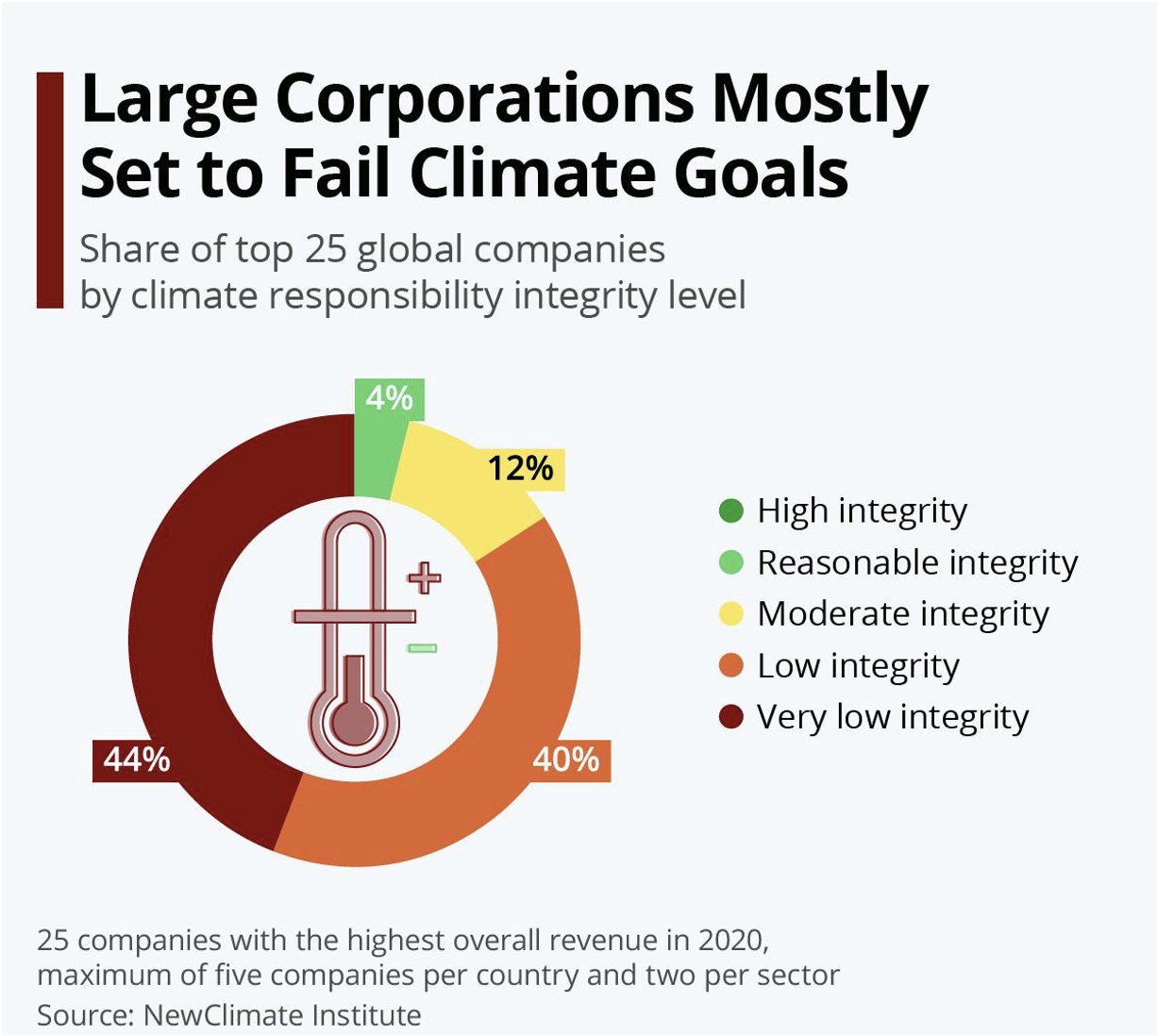Climate change is one of the biggest foreseen, yet a postponed problem by governments, companies, and individuals. The estimated impact of the crisis has been indicated by many international organizations to guide business policies and households. The latest IPCC report proved that the gap between the current adaptation level to the unprecedented consequences of the climate crisis those needed still persists. Furthermore, the IPCC estimates that adaptation needs to reduce climate risks such as improved health systems or poverty reduction will be about $127 billion and $295 billion per year for developing countries by 2030 and 2050, respectively. Based on the data, inevitable and demanding consequences of global warming await us since the precautions are not taken considerably today. Companies need to take action to reduce climate risks and it is very likely that they need to change their business strategies to achieve this. How can they do that smoothly, or can they even do it?
Act for results for achieving transformation
In neoliberal era, large companies are more impactful by the results of their actions. Therefore, it is significant to begin transformation within the companies to witness effective change in the long run. However, according to the New Climate Institute findings, the top 25 global corporations mostly fail to address climate goals. Only 4% of them have high integrity to set ambitious targets. The disappointing result of companies mainly summarizes lack of understanding of the need for an urgent action plan on a large scale. These results give us the clue that they need to do something different in their way of working.

Figure 1: Large Corporations Mostly Set to Fail Climate Goals, Statista, 2022
Adopt ambitious sustainability goals
Even though strong businesses label themselves as the leaders of sustainability, the data do not agree on that. On the company goals, head of ISS ESG Climate Solutions Viola Lutz, argues that more ambitious goals should be urgently set to understand the necessary emission reductions. She added, otherwise, the companies will face crucial burden much more than they expected. Overall, the executives are aware of the sustainability issue and the risky situation they might end up in. However, the key point is to understand even though the awareness is apparent, why companies fail to adopt sustainability goals and why they cannot achieve their ideal strategy.
Along with understanding sustainability which brings value and benefits to the core, clear objectives and predictable key results to be determined in this context will complete the shortcoming of strong business. As it progresses on a priority basis and helps to remember the goals, the work done by OKR also brings a difference to organizational culture and corporate perspective.
Transforming culture while transforming strategy
There is lack of concrete framework in sustainable strategy for business. Within the organizational structure of the company, a well-designed strategy is a must for tracking short-term results and understanding their connection with the long-term goals. Addition to the strategy plan, climate goals are needed to be done by cultural change of the organization. Many organizations are still uncertain about how to embed sustainability in their day-to-day decisions and processes. The crucial part is to sustain sustainability within the culture of a company, not only define goals and try to implement them in the long run. To this end, companies should focus on the key points which have benefits in the long run, rather than sustainability actions effective only for the short-term plan.
Reaching sustainability goals through OKR mindset
Company values, which are deeply rooted in organizational structures, are the prominent indicators to bring business models to real life. In this sense, as organizations need to act differently in their way of working to achieve sustainability goals, they will need to revisit and transform their values too. Then, how is it possible to transform the deep-rooted values and make it actionable too? Here is where OKR jumps in. OKR is a mindset that gives significance to adapt to the way of thinking and acting for achieving sustainability transformation in each and every unit in the organization. OKRs bring priorities to the table and diminish the number of works through focusing on efficiency step by step. Having the number of the priorities on hand and the real-time connection of these priorities to the sustainable business goals make the goals achievable through OKR strategies. As OKR inventor Andy Grove indicates “The objective is the direction, and the key results are the milestones.” which certainly defines the path of bringing radical ideas like sustainability to life as a part of company values.









